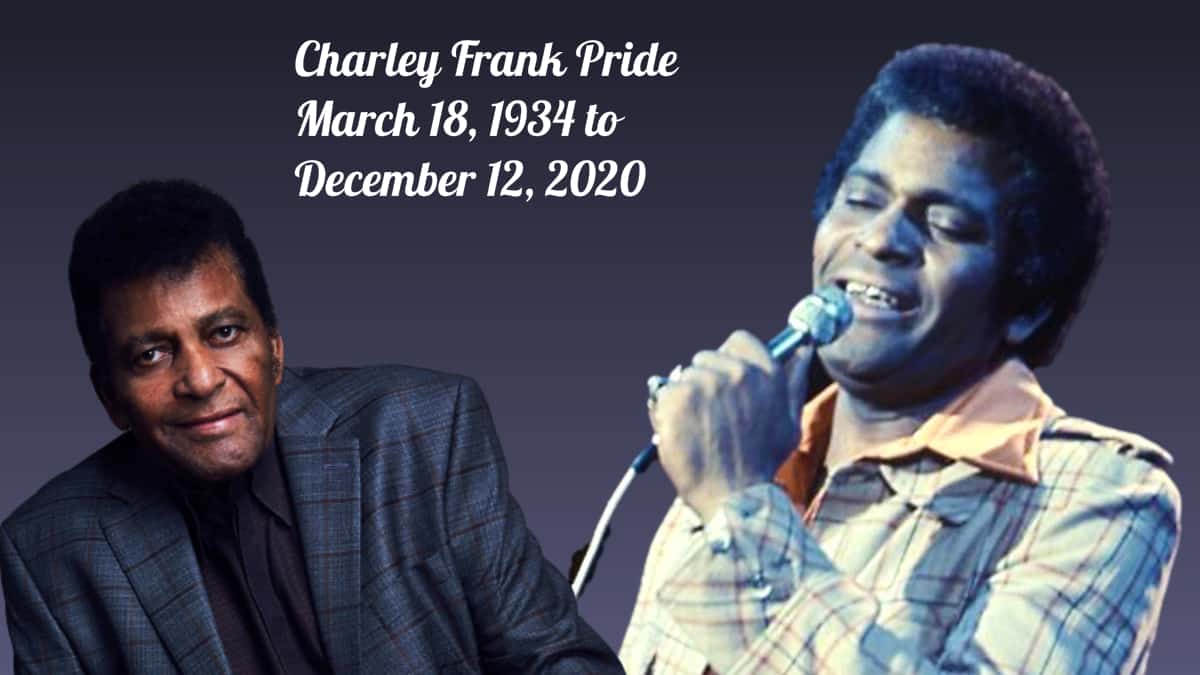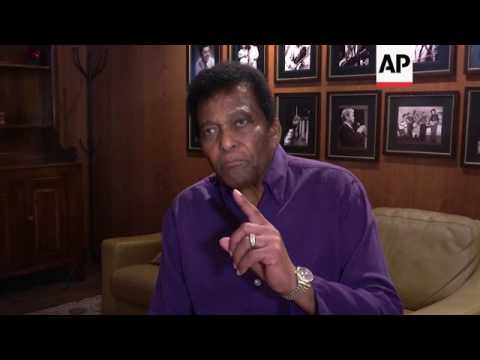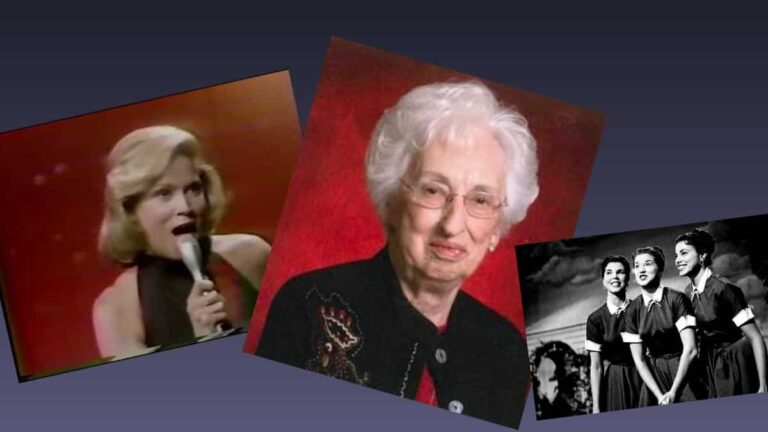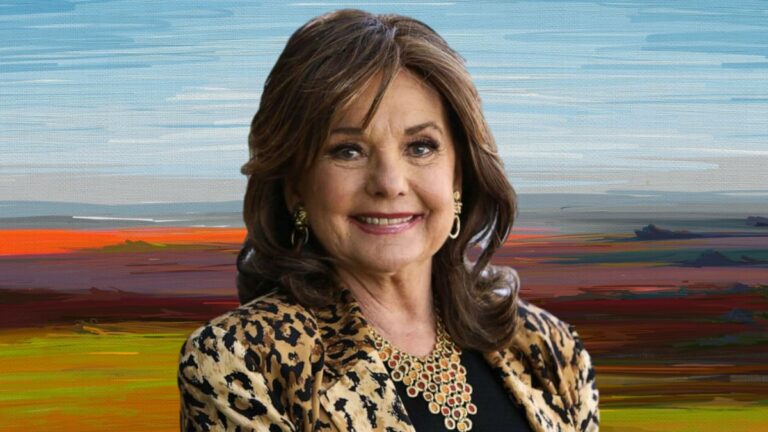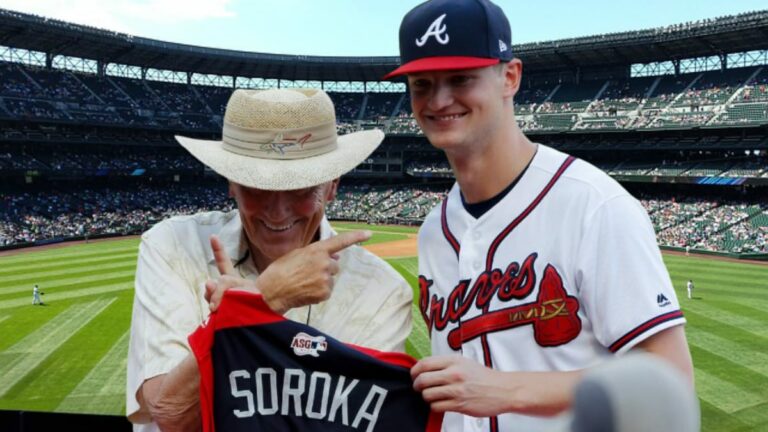Charley Pride, a 2000 inductee in the Country Music Hall of Fame and a three-time Grammy winner, Pride, was not the first country performer to cross racial lines: Harmonica player Deford Bailey was an early featured artist on the Grand Ole Opry. (Successors included ’70s contemporary Stoney Edwards and, much later, former Hootie & the Blowfish vocalist Darius Rucker, who found immense crossover success in the genre.)
But none of these Black musicians enjoyed the massive appeal of Pride, who tallied 29 No. 1 country chart hits and another 21 top-10 country entries for RCA Records between 1966 and 1984. Chart guru Joel Whitburn ranks him as the No. 3 hit-producing artists of the ’70s, behind Conway Twitty and Merle Haggard.
Charley Pride reflects on his career as a country music pioneer
During the ’60s, many R&B performers moved into the country realm; most famously, Ray Charles enjoyed a smash hit with his No. 1 album “Modern Sounds in Country and Western Music.” But Pride was the first Black artist of the day to be signed and marketed by the country division of a major American label.
Though RCA promoted his first work without images that would divulge his race, Pride found his music quickly embraced by a Southern, white, working-class audience that found it could identify with the singer’s sharecropping roots and universal aspirations. His keen interpretation of deftly penned honky-tonk songs kept him at the top for nearly two decades.
“He was the right singer at the right time in history,” wrote country music historian Bill C. Malone of his remarkable success. “Charley Pride profited from the heightened mood of racial tolerance promoted in the United States by the civil rights movement and from the desires of the country music industry to improve its image and broaden its audience.”
He was born in Sledge, Miss. One of 11 children, he labored as a boy as a cotton picker on a tenant farm.
Though Pride began playing guitar in his teens, he was a gifted athlete, and he first set his sights on a baseball career. During nearly a decade of playing interrupted by Army service, he pitched for Memphis’ Negro League team, the New York Yankees’ farm club, Birmingham’s Black Barons, and the Missoula Timberjacks, the Cincinnati Reds’ Montana-based farm team. He also tried out for the California Angels and the New York Mets.
As Pride labored in the minors, he still entertained thoughts of a music career. While he viewed himself principally as a country singer and took Hank Williams as a major stylistic avatar, his first recording session, cut in 1958 at Memphis’ Sun Studio, found him working in an R&B mode.
It would be another seven years before Pride was signed to a recording contract after injuries had ended his pursuit of a life in baseball. His singing attracted the interest of country star Red Sovine, who advised him to seek Nashville work. He was ultimately signed to RCA by Chet Atkins, head of the label’s country division and chief producer. However, his manager, Jack Johnson, insisted that no photographs of Pride be initially released, fearing a potential backlash because of his race.
He received the Country Music Association’s coveted entertainer of the year award in 1971 and was voted best male vocalist by the CMA in 1971 and 1972.
Charley Pride broke onto the charts at the end of 1966, his first year at RCA, with “Just Between Me and You,” a slickly produced number in the “countrypolitan” vein pioneered by Atkins’ productions. The singer’s taut, wide-ranging baritone pushed the single to No. 9 nationally, beginning an astonishing run in the country’s top 10. Within a year, he became a member of WSM’s phenomenally popular Grand Ole Opry stage and radio show; at that time, he was its only Black performer.

Pride enjoyed a soaring career on the back of other smoothly crafted country-pop tunes, having knocked down what had previously been a generally rigid racial barrier. He notched two No. 1 hit in 1969, three in 1970, and five in 1971; in the latter year, he released his biggest single, “Kiss an Angel Good Morning,” which held the pinnacle for five weeks.
In all, Pride notched 20 No. 1 hit and nine more top-10 entries during the ’70s. These included “Is Anybody Goin’ to San Antone” (soon heard in a well-known cover by rock’s Sir Douglas Quintet), “I Can’t Believe That You Stopped Loving Me,” “I’d Rather Love You,” “I’m Just Me” and “She’s Too Good to Be True.” He also collaborated with Henry Mancini on “All His Children,” a number for Paul Newman’s 1972 feature “Sometimes a Great Notion”; the single reached No. 2.
Both sides of Pride’s 1971 gospel single, “Let Me Live” and “Did You Think to Pray,” received Grammys in 1972. He also captured a trophy in 1973 for best male country vocal performance for the album “Charley Pride Sings Heart Songs.”
In the early ’80s, Pride bridled somewhat against the countrypolitan formula and essayed some harder-hitting material, collecting No. 1 single with covers of Hank Williams’ “Honky Tonk Blues” and “You Win Again” and George Jones’ “Why Baby Why.” However, at the same time, his career reached its arguable nadir with another chart-topper, the misbegotten 1983 disco-country fusion “Night Games.” It proved to be his last No. 1 hit.
In 1986, Pride parted company with RCA and became the first act signed to 16th Avenue Records, an Opryland division run by former RCA exec Jerry Bradley.
He recorded 13 mostly minor chart singles for the label; his last top-five hit, “Shouldn’t It Be Easier This Time,” was released in 1987.
He moved into semi-retirement in the late ’80s, emerging sporadically for releases on independent labels like Honest and Music City. His autobiography “Pride,” co-written by Jim Henderson, was published in 1994, and he continued to tour late in life.
Charley Pride was a smart investor whose holdings included an interest in a Texas bank.
He maintained a lifelong interest in baseball: A frequent attendee at Texas Rangers spring training and home games; he sang the national anthem at the 2010 World Series.
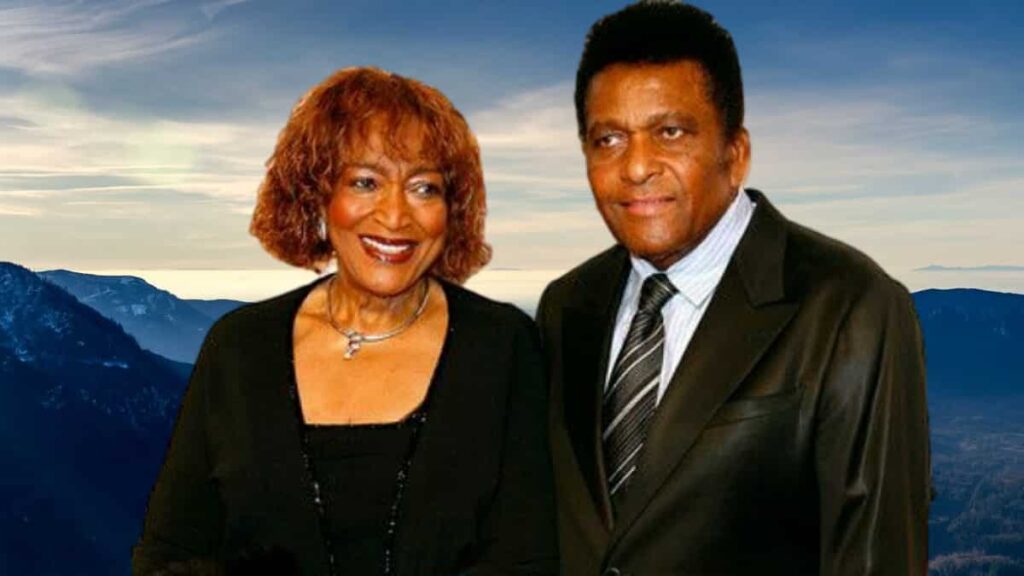
He is survived by his wife, Rozene; two sons; and a daughter.
Return to Home | Bio Wikipedia
